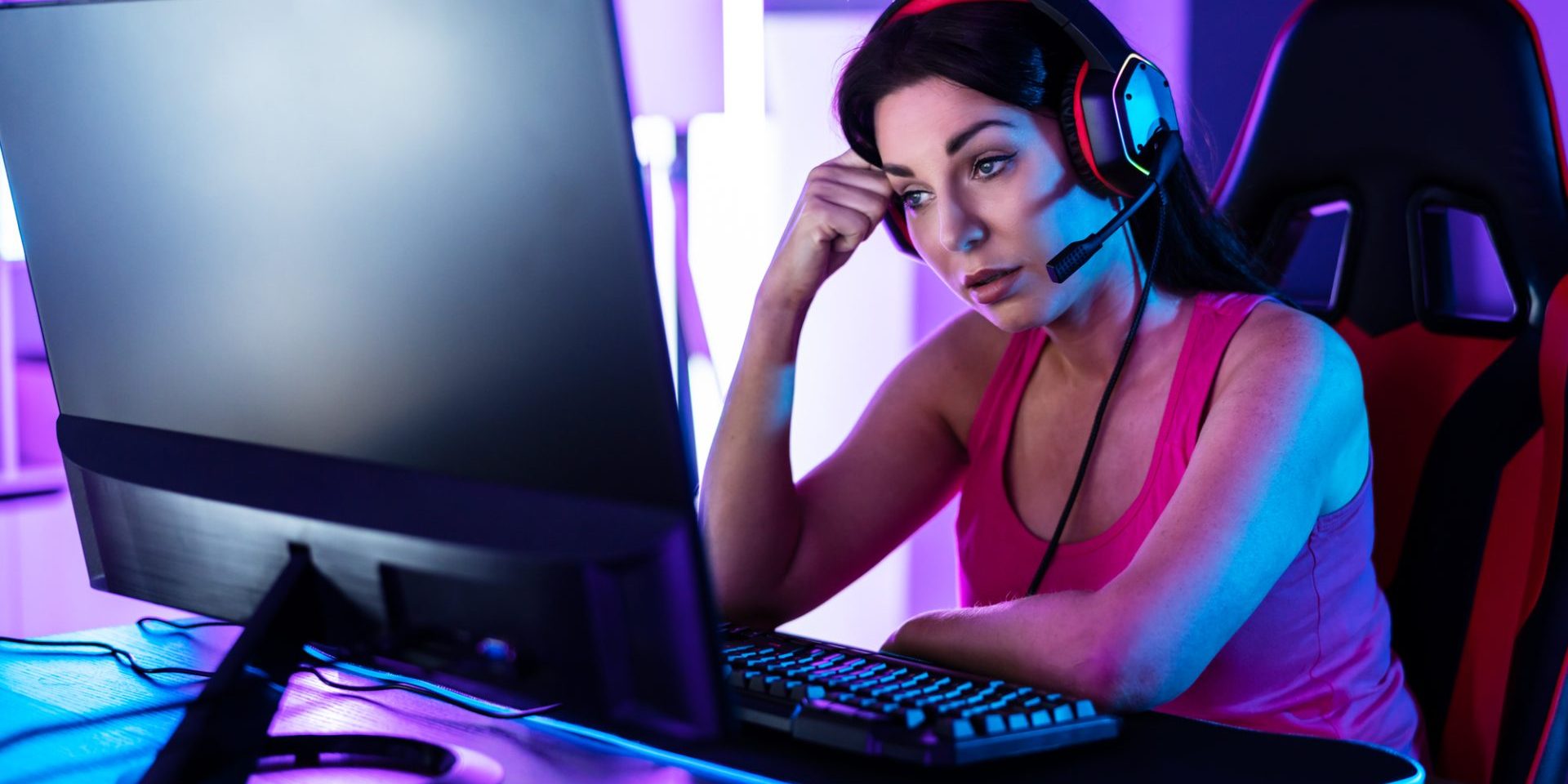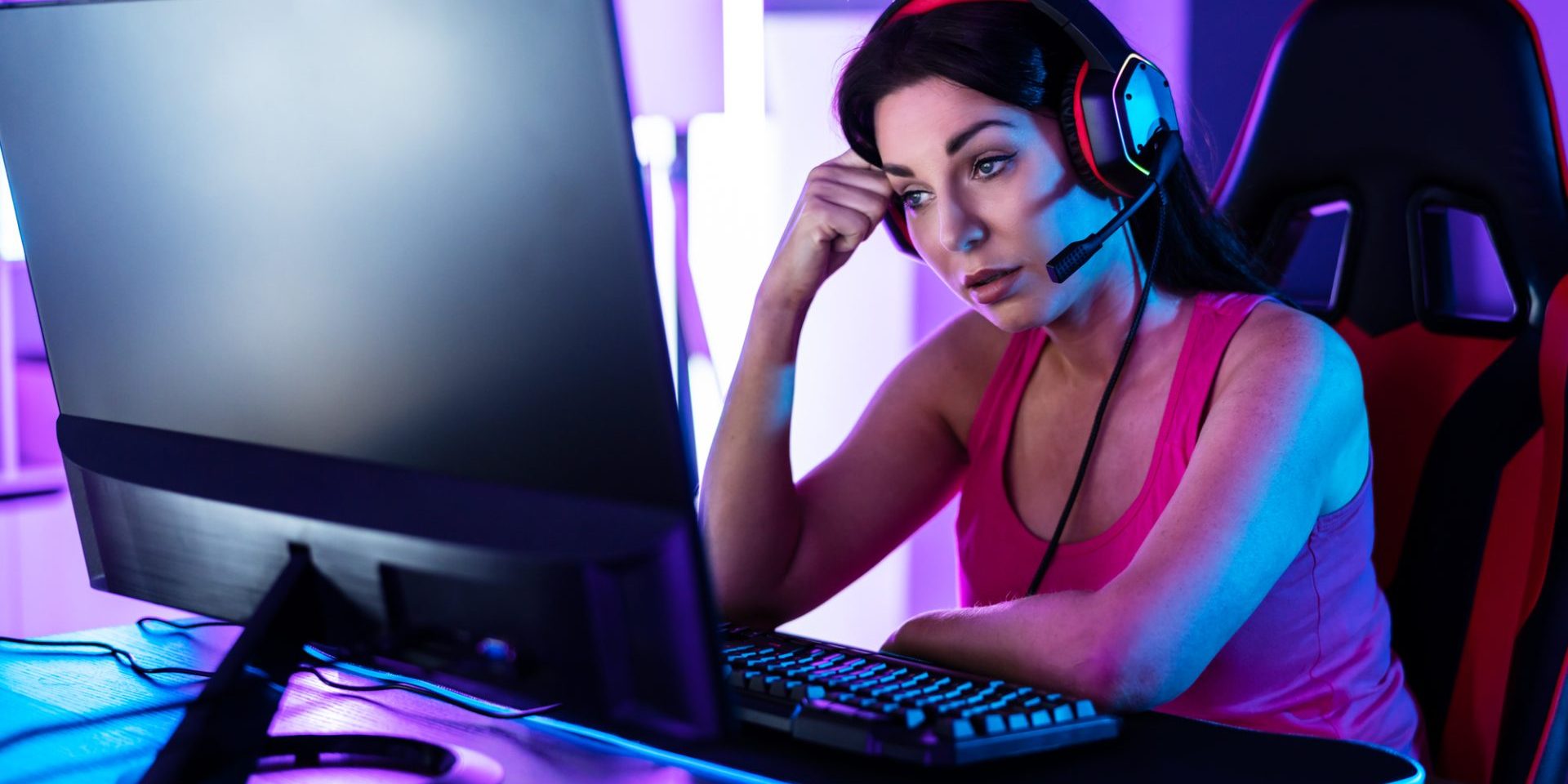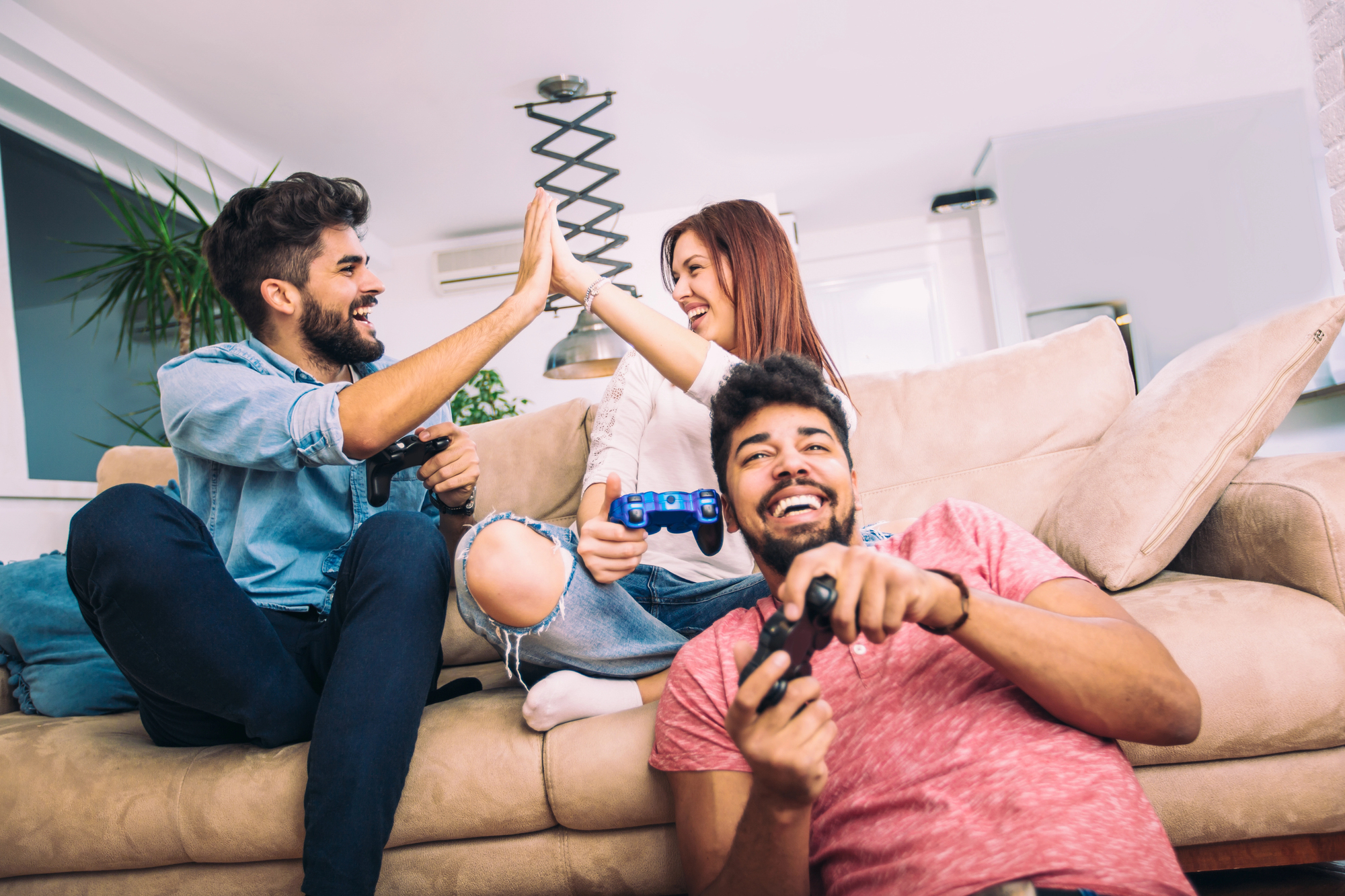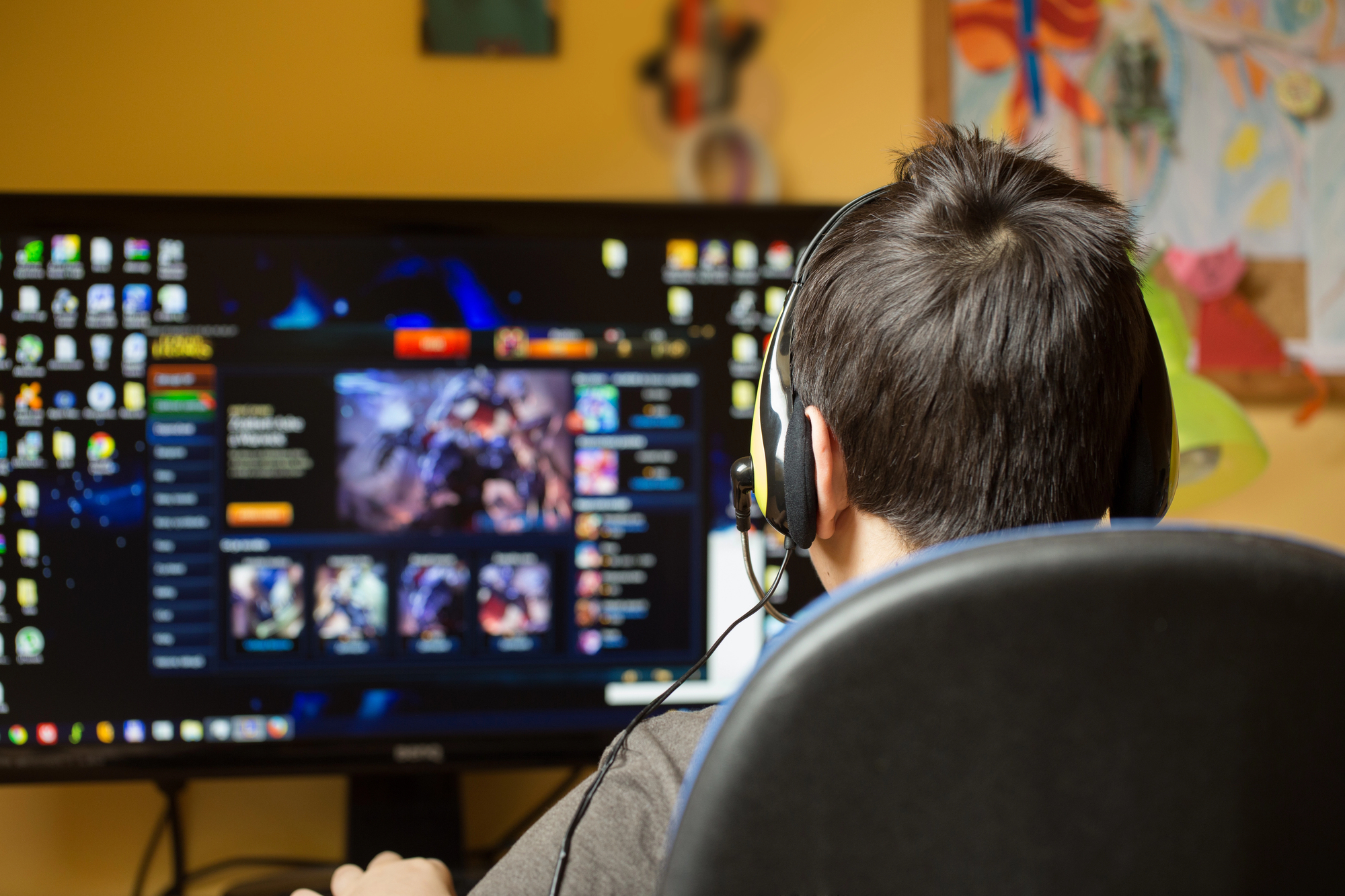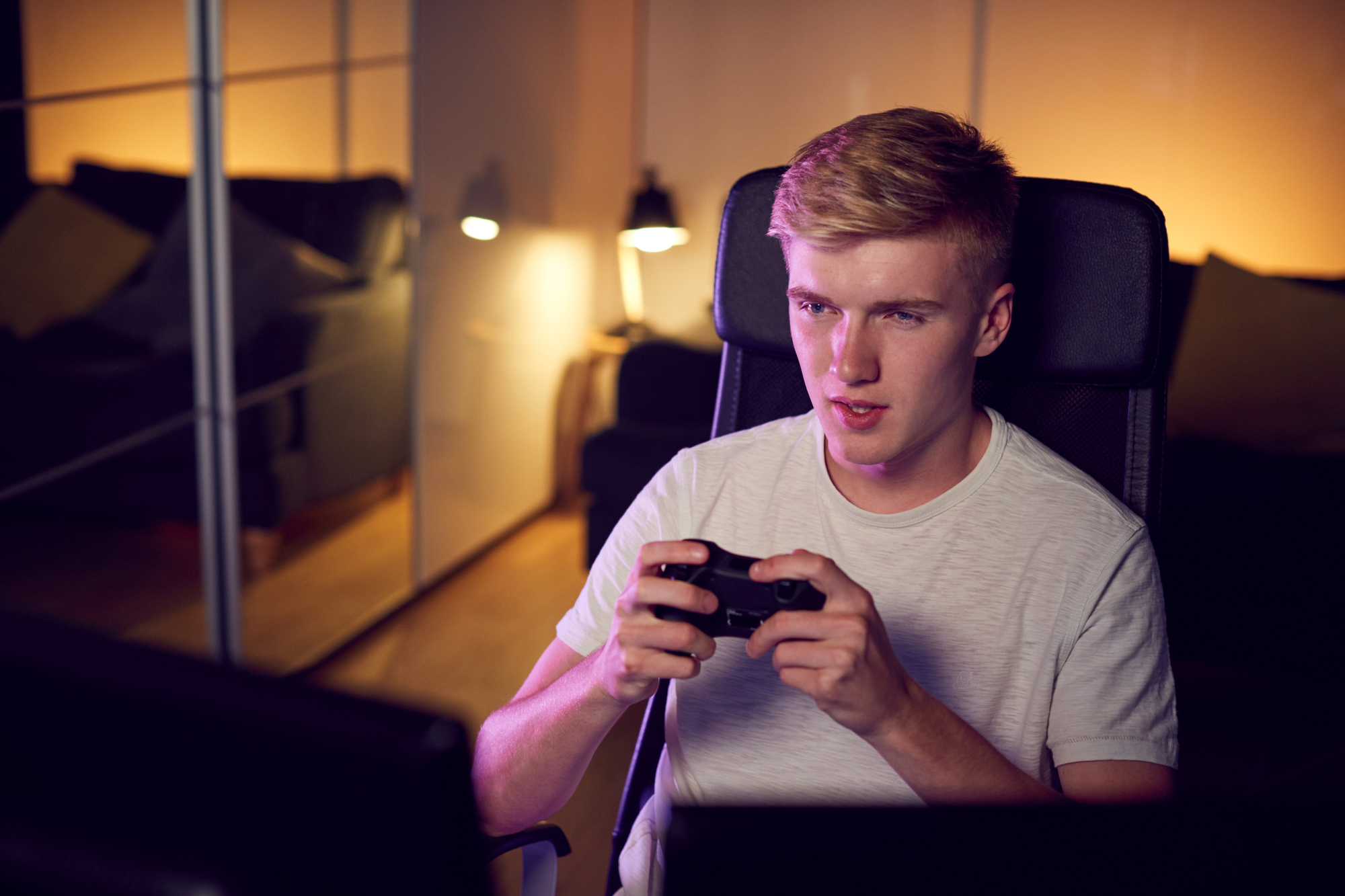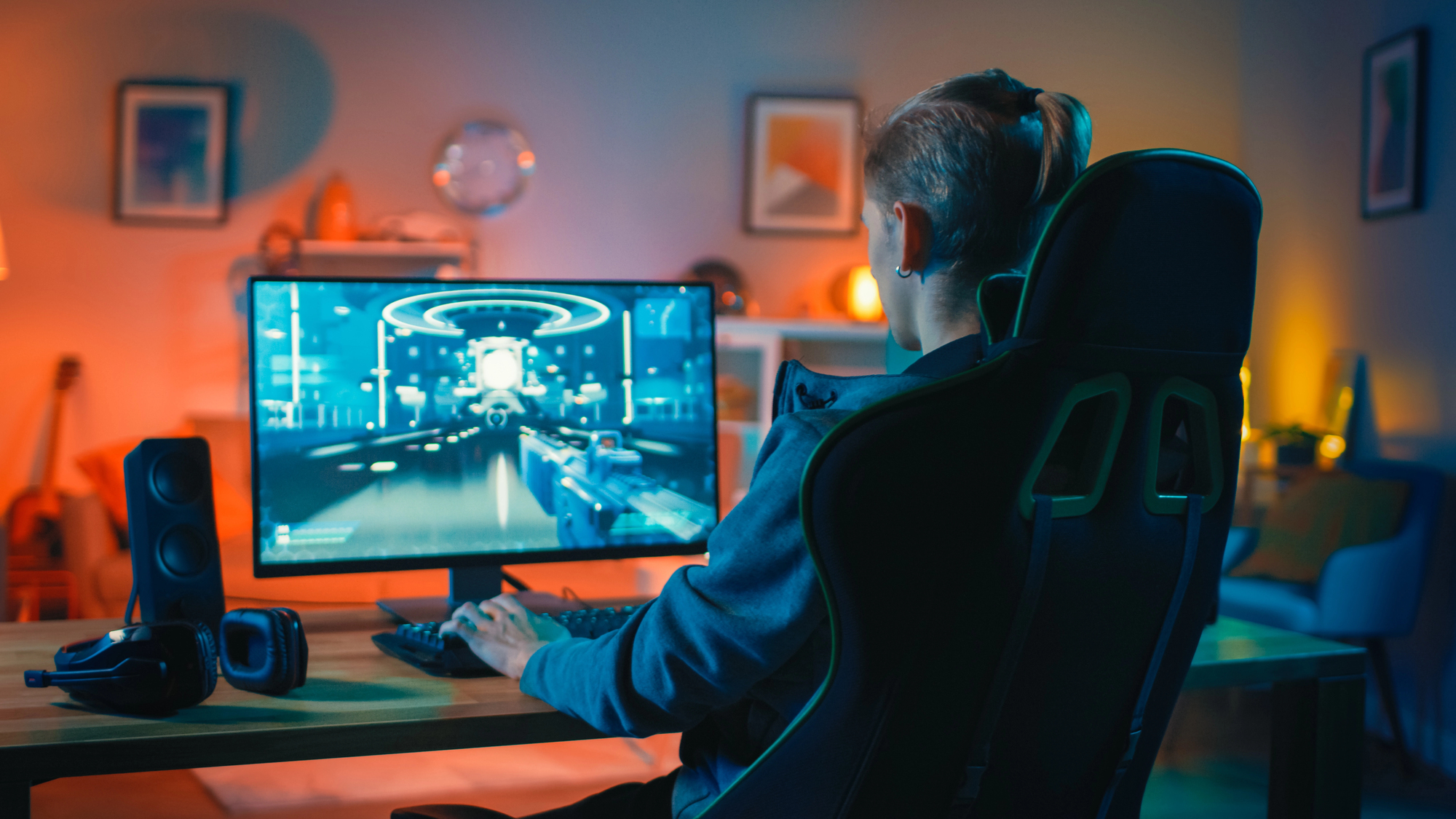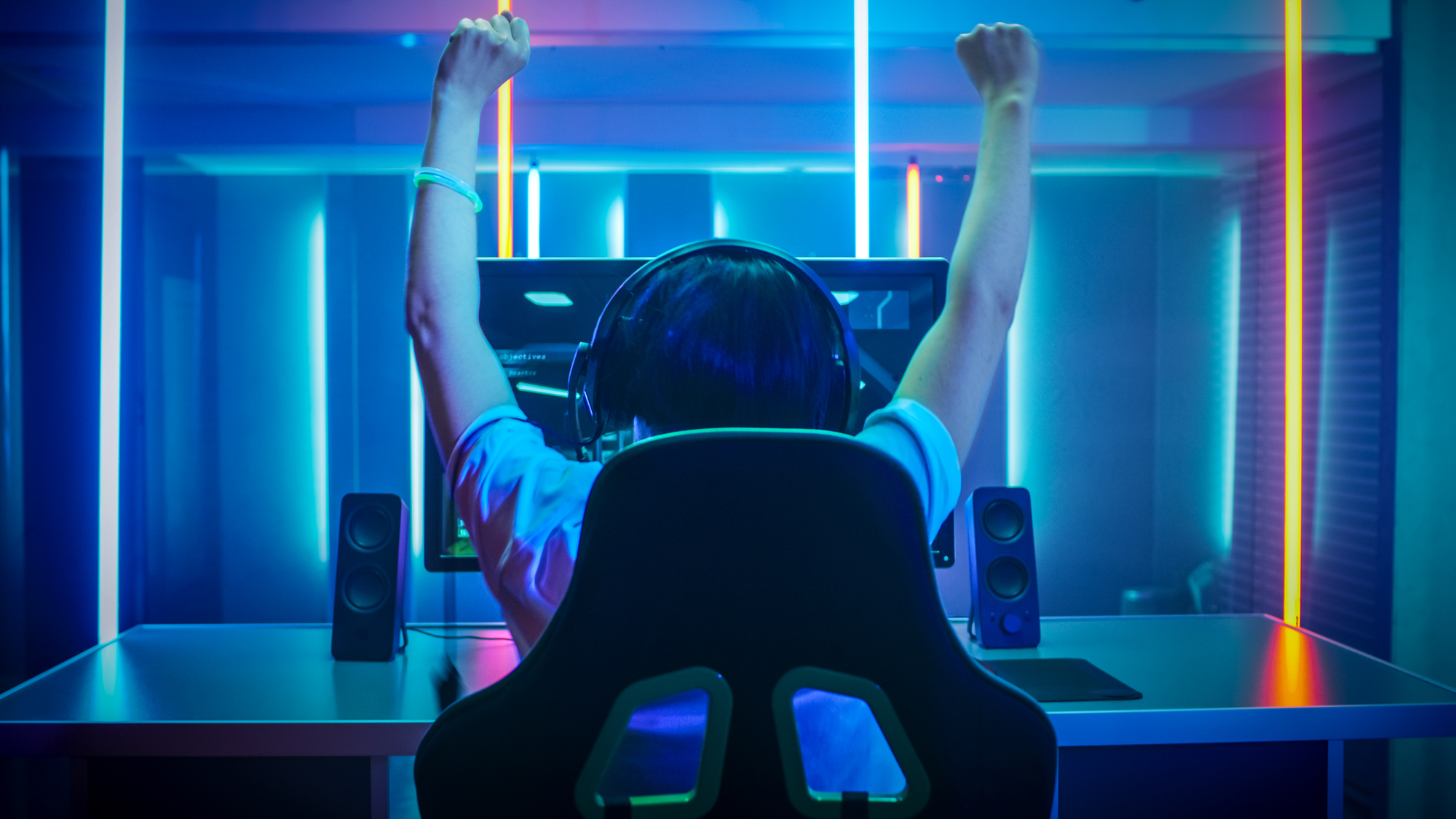Competitive gaming, also known as esports, has grown exponentially in recent years. The high-stakes nature of professional gaming can lead to significant stress for players. Effective stress management is crucial for maintaining mental health and peak performance in esports.
Players face various stressors, including intense competition, long practice hours, and public scrutiny. These pressures can impact their well-being and gameplay if not addressed properly. Many esports organizations now employ mental health professionals to help athletes cope with stress.
Successful competitive gamers often use specific techniques to manage stress. These may include deep breathing exercises, meditation, and regular physical activity. Some players also benefit from working with sports psychologists to develop personalized stress reduction strategies.
Understanding Stress in Competitive Gaming
Competitive gaming exposes players to unique psychological and physiological stressors. These factors can significantly impact performance and well-being, making stress management crucial for success in esports.
The Psychological Impact of Video Games
Video games affect players’ mental states in various ways. Competitive gaming can trigger anxiety and depression, especially during high-stakes matches or tournaments. Players often experience performance pressure, fear of failure, and social stress from team dynamics or audience expectations.
Extended gaming sessions may lead to cognitive fatigue, affecting decision-making and reaction times. Some players report mood swings, irritability, or difficulty concentrating outside of gaming.
Research suggests that certain game genres, particularly violent ones, can temporarily increase aggressive thoughts and behaviors in some individuals. However, many players also report positive effects like improved problem-solving skills and enhanced social connections through online communities.
The Physiology of Stress and Gaming
Competitive gaming activates the body’s stress response, releasing hormones like cortisol and adrenaline. This “fight or flight” state can enhance focus and reaction times in short bursts but may lead to burnout if sustained for long periods.
Physical symptoms of gaming-related stress include:
- Increased heart rate and blood pressure
- Muscle tension, particularly in the neck, shoulders, and hands
- Eye strain and headaches
- Disrupted sleep patterns
Prolonged gaming sessions often involve poor posture and repetitive motions, which can cause musculoskeletal issues. Gamers may also experience changes in appetite and neglect proper nutrition and hydration.
Identifying Stressors Unique to Esports Athletes
Esports athletes face several distinct stressors:
- Technical issues: lag, equipment failures, or software glitches can derail performance
- Constant game updates: frequent patches and meta changes require continuous adaptation
- Public scrutiny: social media criticism and fan expectations add pressure
- Intense practice schedules: long training hours can lead to burnout
- Financial instability: inconsistent tournament earnings and short career spans create uncertainty
The online nature of many competitions can blur work-life boundaries, making it challenging to disconnect and recover. Additionally, the sedentary nature of gaming raises concerns about long-term physical health impacts.
Strategies for Managing Stress and Enhancing Performance
Competitive gaming can be mentally taxing. Effective stress management and performance enhancement techniques are essential for gamers to stay focused and excel.
Cultivating Resilience and Mental Fortitude
Building mental toughness is key for gamers facing high-pressure situations. Regular practice of visualization exercises helps prepare for various scenarios. Setting realistic goals and breaking them into smaller, achievable steps boosts confidence. Positive self-talk counteracts negative thoughts during gameplay.
Developing a growth mindset encourages learning from losses rather than dwelling on them. This approach views challenges as opportunities for improvement. Gamers can keep a performance journal to track progress and identify areas for growth.
Creating pre-game rituals can help establish a sense of control and familiarity. These might include specific warm-up exercises or listening to motivational music.
Stress Relief Techniques and Mindfulness
Integrating relaxation methods into daily routines can significantly reduce stress levels. Deep breathing exercises calm the nervous system and improve focus. Progressive muscle relaxation helps release physical tension built up during intense gaming sessions.
Mindfulness meditation enhances awareness and concentration. Gamers can practice short meditation sessions between matches to reset their mental state. Apps and guided audio programs make meditation more accessible for beginners.
Taking regular breaks prevents mental fatigue. A 5-10 minute break every hour allows the mind to recharge. During these breaks, gamers can stretch, hydrate, or engage in brief mindfulness exercises.
The Role of Physical Health in Stress Reduction
Physical well-being directly impacts mental performance. Regular exercise releases endorphins, reducing stress and improving mood. Aerobic activities like jogging or cycling boost energy levels and cognitive function.
Proper nutrition fuels both body and mind. A balanced diet rich in omega-3 fatty acids, antioxidants, and complex carbohydrates supports brain health. Staying hydrated is crucial for maintaining focus during long gaming sessions.
Quality sleep is vital for stress management and cognitive performance. Gamers should aim for 7-9 hours of sleep per night. Establishing a consistent sleep schedule and creating a relaxing bedtime routine can improve sleep quality.
Building Supportive Environments and Communities
Creating positive social structures and fostering healthy habits are crucial for managing stress in competitive gaming. These elements help players maintain balance and develop strong interpersonal connections.
The Importance of Social Support and Team Dynamics
Social support plays a vital role in competitive gaming. Strong team dynamics can significantly reduce stress levels and improve performance. Players who feel supported by their teammates are more likely to handle pressure effectively.
Teams that prioritize open communication and mutual respect tend to perform better. Regular team-building activities can strengthen bonds and foster trust. Shared experiences, both in and out of gaming, help create a sense of unity.
Coaches and team leaders play a key role in cultivating a positive atmosphere. They can implement strategies to address conflicts and promote cooperation. Encouraging players to support each other during challenging times builds resilience.
Healthier Gaming Habits and Life Balance
Maintaining a healthy balance between gaming and other life activities is essential for stress management. Setting clear boundaries for practice time and personal life helps prevent burnout.
Regular physical exercise improves mental clarity and reduces stress. Many successful esports teams incorporate fitness routines into their training regimens. Proper nutrition and hydration are equally important for maintaining peak performance.
Adequate sleep is crucial for cognitive function and emotional regulation. Establishing consistent sleep schedules can greatly improve a player’s ability to handle stress. Taking regular breaks during long gaming sessions helps prevent mental fatigue.
Developing Effective Communication and Trust
Clear communication is the foundation of successful team dynamics in competitive gaming. Players must learn to express their thoughts and concerns constructively. This skill extends beyond in-game strategies to include personal issues that may affect performance.
Trust-building exercises can strengthen team bonds. These activities may include problem-solving challenges or sharing personal goals and fears. When team members trust each other, they’re more likely to offer and accept constructive feedback.
Creating a safe space for players to discuss emotional disturbances is crucial. This openness can help address potential addiction or excessive play issues early on. Teams that prioritize mental health often see improved gaming experiences and stronger social connections.

